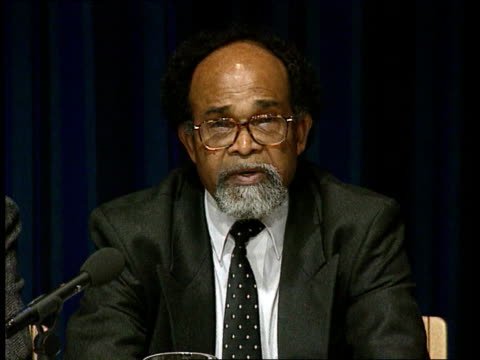Jose Olivares-Chandler secured unanimous not guilty verdicts in respect of counts of possessing firearms with intent, following a trial in which the Defendant’s ex-partner and children gave evidence against him. His case was that he was set up and an extensive list of previous convictions (including convictions involving his former partner and children, as well as a drugs importation) went before the jury.
The Crown alleged that the Defendant attended his ex-partner’s address uninvited with a firearm, having earlier that day received threats from a male friend of hers. On barging his way into the premises, he discovered that his former partner was not there. However, his sixteen year old son and fifteen year old daughter were present. His son alleged that the Defendant had brandished a gun and told him that he wanted to wait for his ex-partner so that he could “deal with” the male friend. The son interpreted this as the Defendant wanting to kill the friend. The son then kept the Defendant occupied whilst he discreetly texted his mum, who in turn called police.
Jose was instructed by Hodge Jones & Allen.



